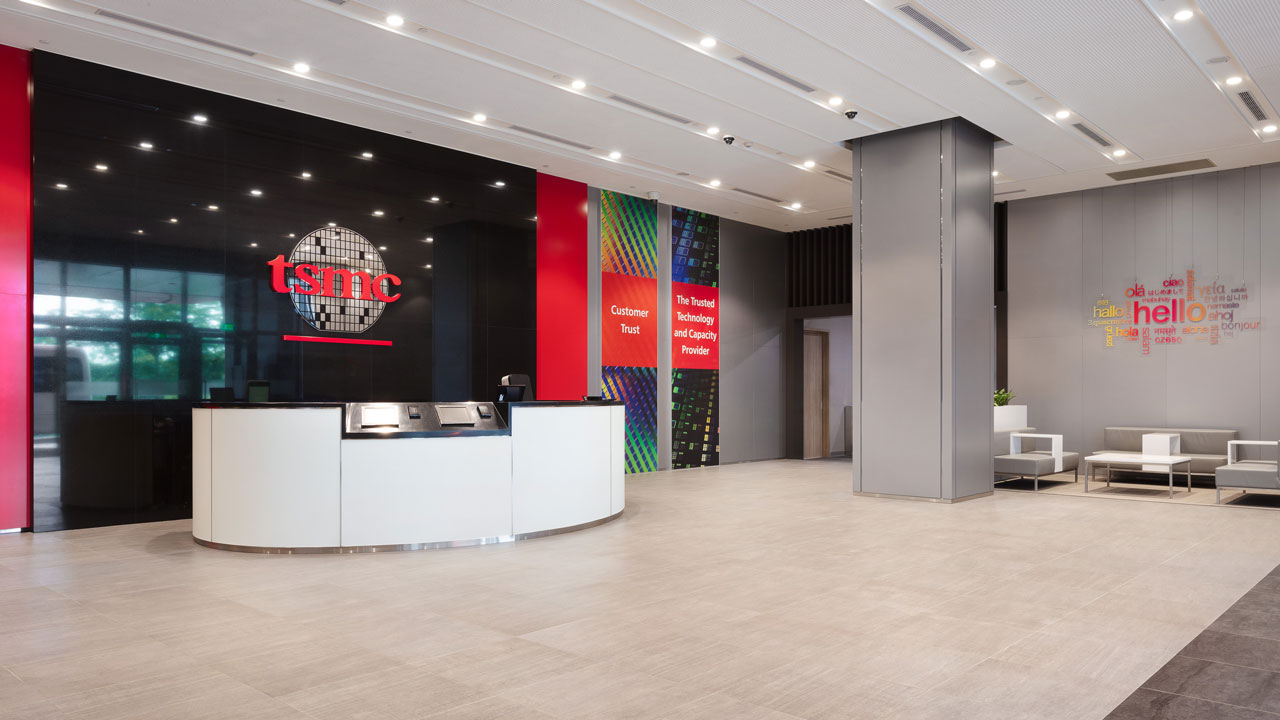
According to the Economic Daily (UDN) in Taiwan, TSMC is putting its process node pedal to the metal to satisfy customers like Nvidia and Apple. The report suggests the contract chipmaker has started pre-production work to prepare for 2nm trial production, and that 2nm mass production is on track for 2025. TSMC’s plans, if successful, would also likely maintain its competitive edge against rivals like Intel and Samsung.
Sources speaking to UDN say that engineers and support workers have been dispatched to the Zhuke R&D plant in Baoshan, Taiwan to prepare for 2nm trial production. A small-scale production line aims for 1,000 wafers this year, says the source report, with trial production penciled in for 2024, and mass production in 2025. For mass production, expanded facilities at Zhuke and a new plant in Taichung could be utilized.
It may be important for TSMC to get an early start with its 2nm family (which it refers to as the N2 family). This will be the first processor generation from the company to adopt a new gate-all-around (GAA) transistor architecture, so there may be unforeseen hurdles to deal with.
The source report includes some interesting insight into 2nm development, which indicates that things are trending positive for the company so far. Firstly, UDN says that customer competition is more intense than ever, indicating key partners are rightly investing in their customized solutions to ensure success.

Secondly, TSMC is said to be applying AI to its manufacturing process for efficiency gains, and this move is expected to save energy and thereby reduce carbon emissions. With these new AI-enhanced production methods, dubbed AutoDMP, Nvidia-powered AI is being used to optimize chip designs 30x faster than previous methods / technologies. The Nvidia-powered technique is touted to make processors cheaper, offer higher performance, and be more power efficient.
For further technical information on TSMC’s N2 family, including N2P and N2X, check out our previous coverage from the 2023 North American Technology Symposium in April.







